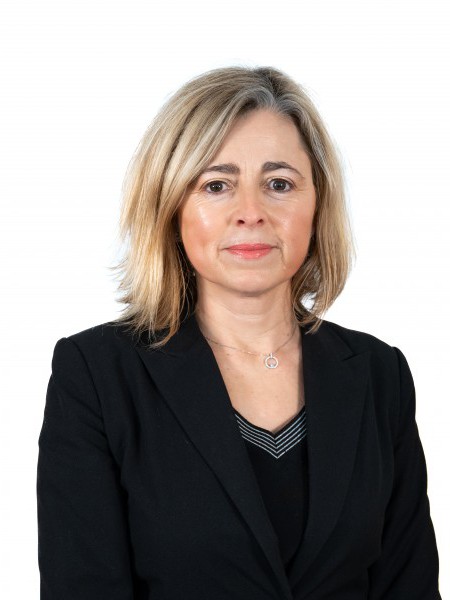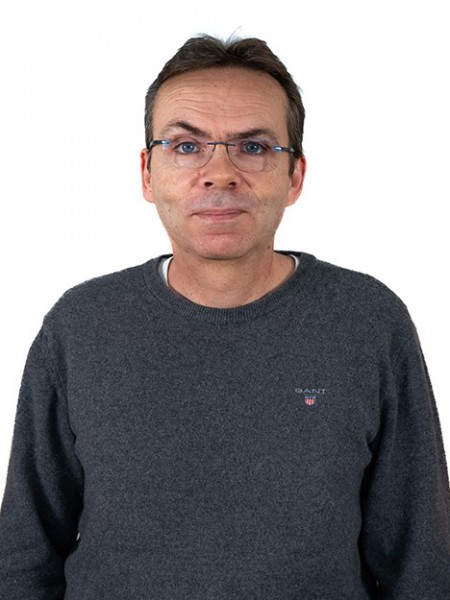abstract
The isomerization of d-glucose to d-fructose is an important transformation in food and biomass chemistry, for which the use of robust heterogeneous catalysts instead of restrictive enzyme-based systems is desirable, although continues to be very challenging. Herein, solid base catalysts possessing a relatively robust hierarchical MFI structure and (non-toxic) alkali (M = Na, K) and alkaline-earth (Me = Ca, Mg) metals were prepared via top-down strategies and characterized via complementary techniques. The catalyst preparation and regeneration conditions were optimized to achieve superior performances. The highest catalyst stability was reached for the Mg, K-containing hierarchical zeotype prepared via solid-state impregnation (SSI) of Mg, which led to 65% d-fructose selectivity at 45% conversion, 100 degrees C, 2 h, or 99% selectivity at 26% conversion, 75 degrees C. The SSI is an up-scalable process which advantageously avoids the use of solvents, pre-preparation of alkaline liquid solutions and solvent evaporation stages for manufacturing eco-friendly catalysts.
keywords
TO-FRUCTOSE ISOMERIZATION; MESOPOROUS ZSM-5; FAST PYROLYSIS; OXYGENATED HYDROCARBONS; ALKALINE-DEGRADATION; BIOMASS CONVERSION; ZEOLITE CATALYSTS; AQUEOUS GLUCOSE; ACID CATALYSTS; SN-MFI
subject category
Chemistry
authors
Antunes, MM; Fernandes, A; Falcao, D; Pillinger, M; Ribeiro, F; Valente, AA
our authors
acknowledgements
This work was developed within the scope of the project CICECO-Aveiro Institute of Materials, UIDB/50011/2020 & UIDP/50011/2020, financed by national funds through the Portuguese Foundation for Science and Technology/MCTES. The positions held by M. M. A. and A. F. were funded by national funds (OE), through FCT, I.P., in the scope of the framework contract foreseen in the numbers 4, 5 and 6 of article 23 of the Decree-Law 57/2016 of 29 August, changed by Law 57/2017 of 19 July. The NMR spectrometers are part of the National NMR Network (PTNMR) and are partially supported by Infrastructure Project No 022161 (co-financed by ERDF through COMPETE 2020, POCI and PORL, and FCT through PIDDAC).




